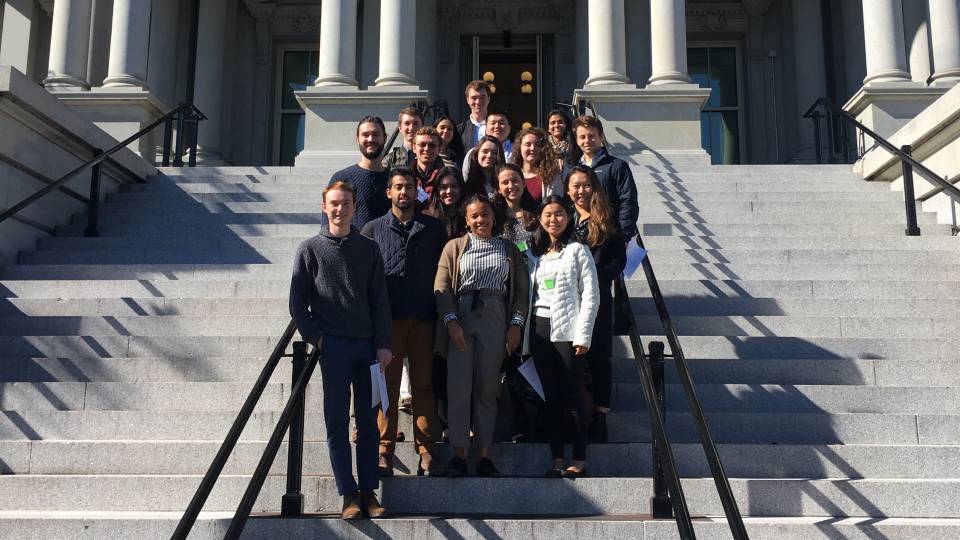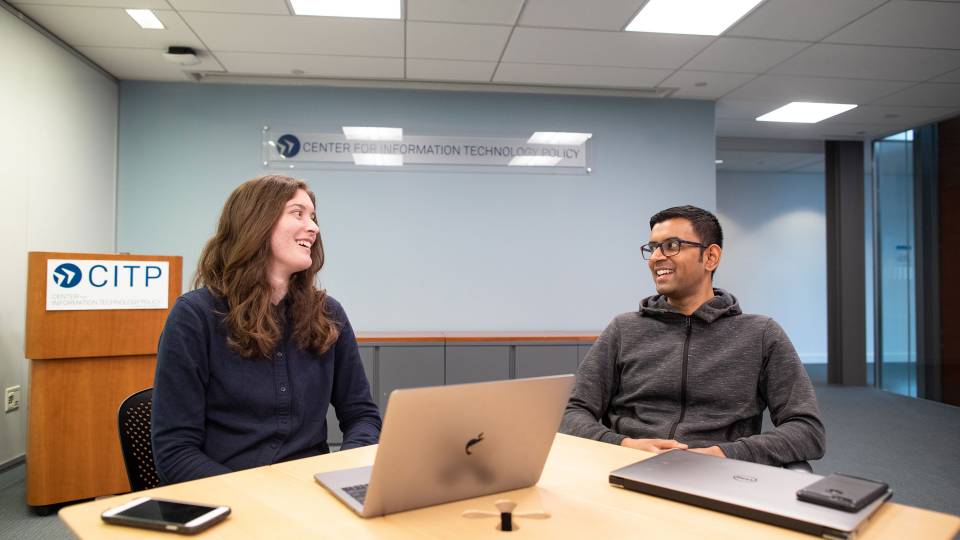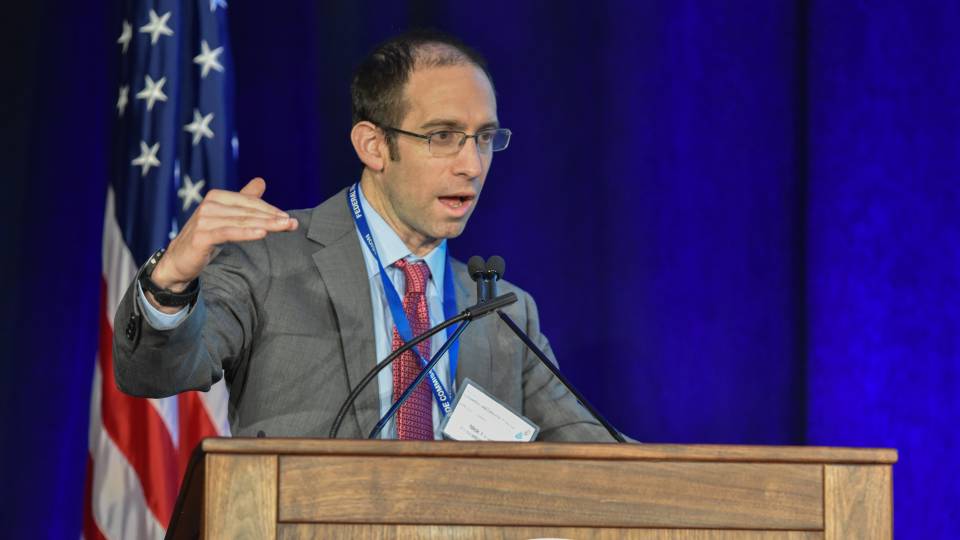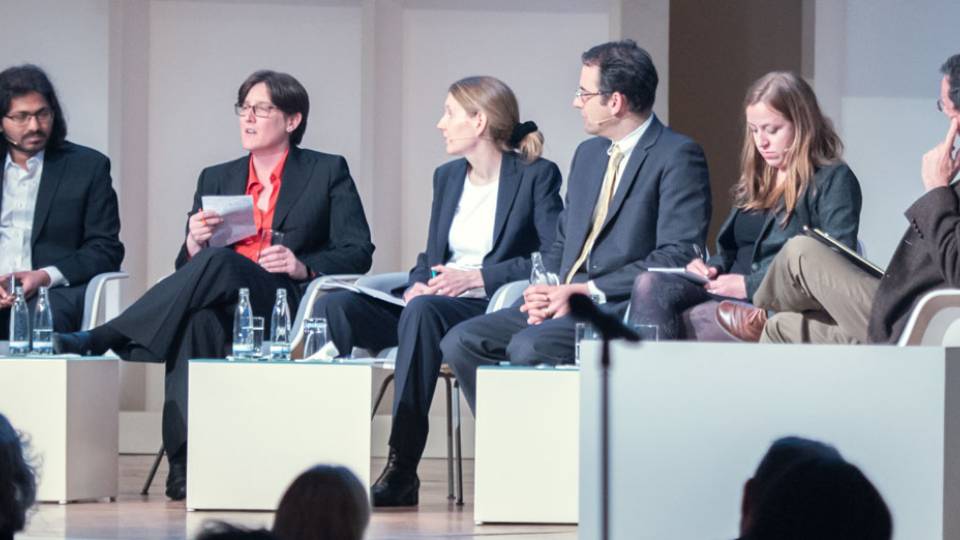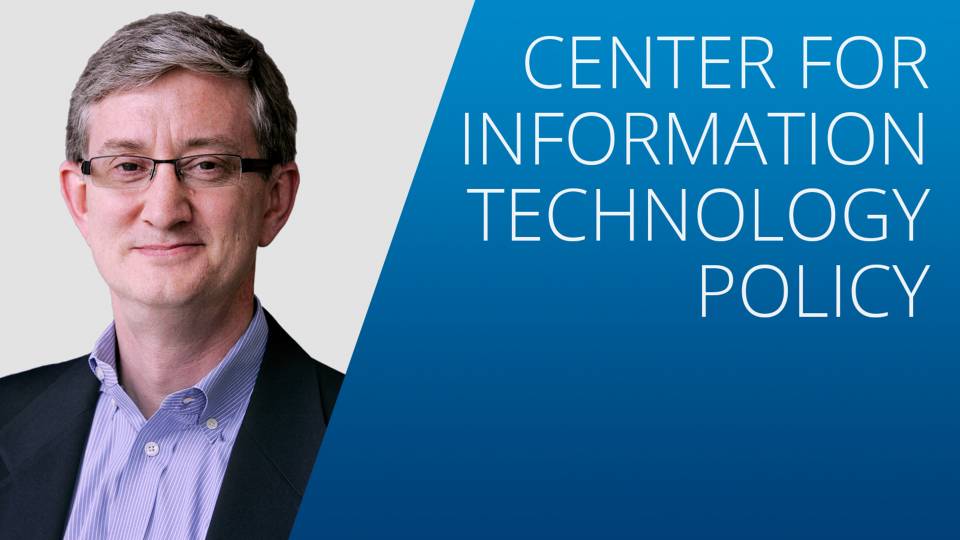For a third consecutive summer, Princeton’s Center for Information Technology Policy gave students the opportunity to learn the workings of local, state and federal government in the Public Interest Technology Summer Fellowship (PIT-SF) program.
The students, five from Princeton and 14 from other universities, spent roughly eight weeks working for agencies like the Consumer Financial Protection Bureau, the Federal Trade Commission and the Iowa Attorney General’s Office.
In August, the fellows were invited to Princeton to share their experiences. About two dozen participated in the sessions, including fellows from the 2020 and 2021 cohorts who couldn’t come to campus in the first two years of PIT-SF because of COVID restrictions.
PIT-SF targets rising juniors and seniors interested in working on policy at the federal, state or local level of government, and who attend a school in the Public Interest Technology University Network (PIT-UN). It includes Princeton and other schools like Boston University, Columbia, Georgetown, Georgia Tech, Harvard, Ohio State and Stanford.
The PIT-SF program was designed to embed students with government agencies, giving them first-hand experience working on issues like child protections on the web, crimes against the elderly and cryptocurrency schemes.
The program kicks off with a boot camp organized by CITP Tech Policy Clinic lead Mihir Kshirsagar and CITP Executive Director Tithi Chattopadhyay, followed by a series of workshops with tech policy experts.
An idea comes to fruition
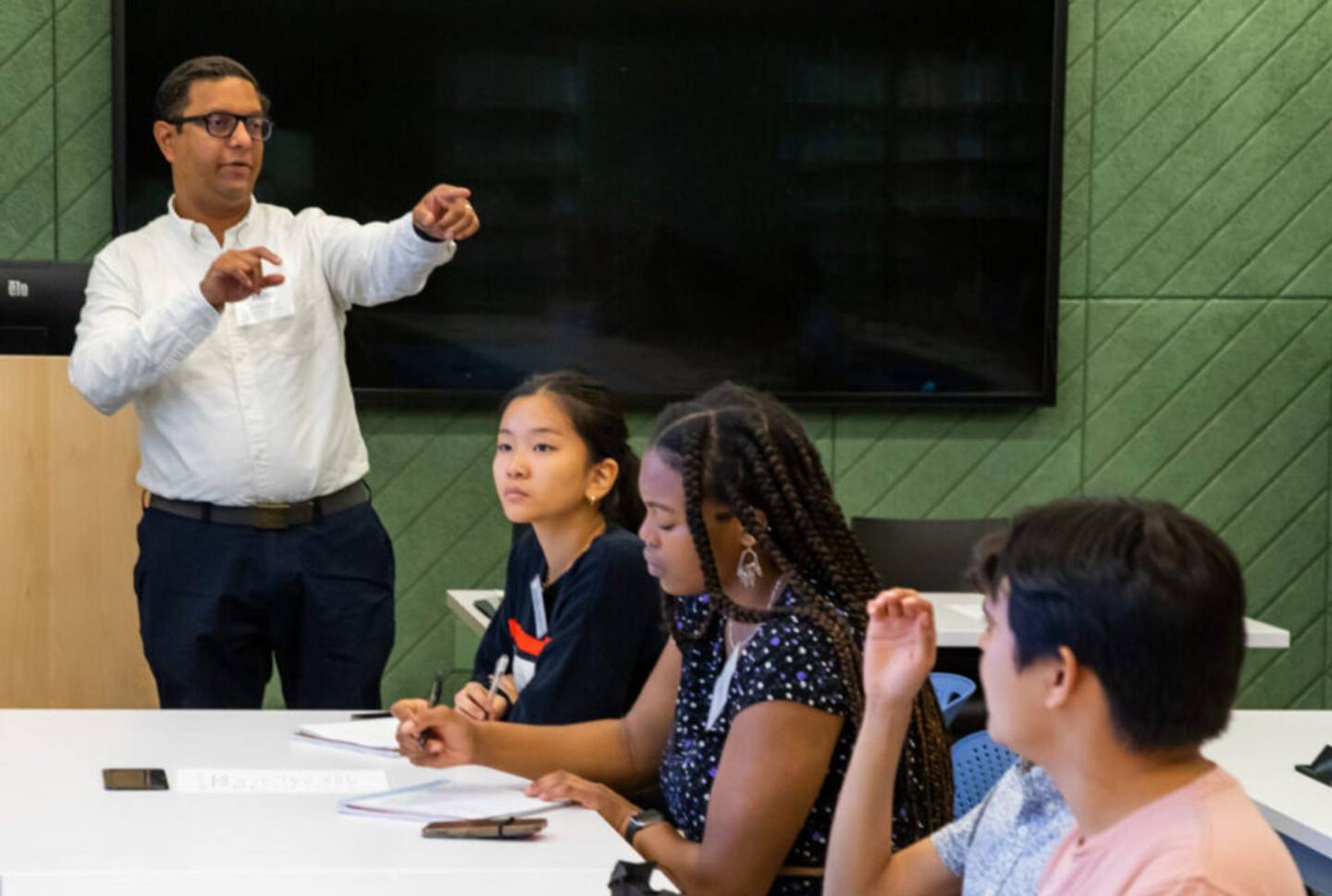
Mihir Kshirsagar, Tech Policy Clinic Lead, calls on a Fellow during a workshop session.
“This certainly has met every expectation I have,” said Kshirsagar, who came up with the idea for the fellowship. “Giving college students real-life, on-the-ground experience in policy is precisely what we were aiming for,” he said.
The fellowship was modeled after programs for public interest lawyers that Kshirsagar, a former attorney in the New York Attorney General’s Office, knew existed. But in the fast-growing sphere of public interest technology, where regulators and policy makers are hungry for expertise with issues around privacy and security in online data, social media and digital advertising, he said, “nothing like this existed.”
With the backing of then CITP Director Ed Felten and Chattopadhyay, Kshirsagar wrote up a proposal to Washington, D.C.-based think tank New America and was awarded a grant as part of the PIT-UN initiative.
Emma Bearss, a Princeton School of Public and International Affairs student who was assigned to work at the Federal Trade Commission’s Division of Privacy and Identity Protection, said she was impressed with her peers and their commitment to public service.
“After two years of having everything on Zoom, having an in-person sort of experience has been so rewarding,” Bearss said.
“Everyone is so incredibly intelligent and passionate about these issues,” she said. “Having a space entirely of people with those goals, just that drive to want to do good, has also been amazing.”
Christopher Maximos, a political science major and rising senior at Stanford University, once viewed federal agencies as the “institutions that get everything done.” But in the PIT-SF program, he was introduced to the inner workings of local government as a product manager in the Mayor’s Office of Technology and Innovation in San Jose, California.
Maximos had the job of analyzing data to figure out how to get more qualified residents enrolled in the city’s under-used childcare program. He saw up close how his work directly helped eligible residents get the information they needed to enroll and get the support they needed.
“That is a tangible, rewarding experience,” he said. “Working in local government really taught me I could have a direct impact. I actually got to talk to the mayor about my ideas.”
Policy experts share advice
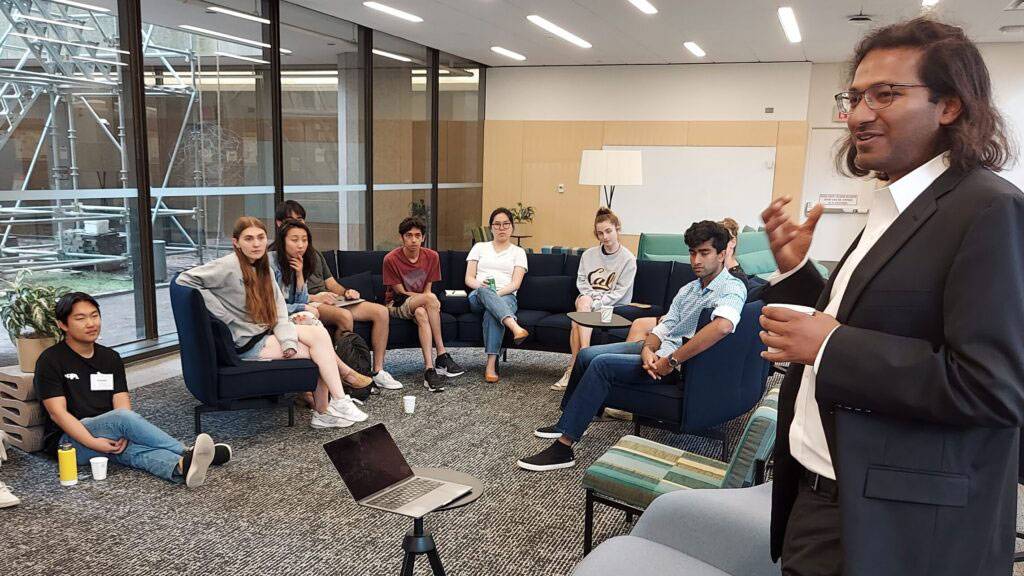
CITP Interim Director Prateek Mittal shares career advice with PIT-SF Fellows.
The fellows also got insights from leading experts at the forefront of technology policy and regulation. They included:
- Anne-Marie Slaughter, a former SPIA dean who is a member of CITP’s Advisory Council and chief executive officer of New America
- Samuel Levine, director of the Federal Trade Commission’s Bureau of Consumer Protection
- CITP faculty member Jonathan Mayer, an assistant professor of computer science and public affairs at Princeton
- Travis LeBlanc, a partner in the law firm Cooley, LLP, and a member of CITP’s Advisory Council
- Colin Doctorow, a special advisor to the Electronic Frontier Foundation
- Erie Mayer, chief technologist at the Consumer Financial Protection Bureau
Slaughter talked to the students about the challenges of breaking into government work. Mayer encouraged them to gain a variety of digital technology skills, including survey work, interviewing skills and using web crawlers. Levine told the students their expertise is needed in government.
“Having tech talent inside our agency makes a huge difference in our ability to respond to threats facing consumers,” Levine said. “It’s a great way to channel your talent in a way that helps people.”
CITP Interim Director Prateek Mittal also met with the fellows, sharing his background as a privacy and security expert and commending them for completing their fellowships.
He also offered some advice: “The real world is rarely as simple as a classroom environment. The real world is rarely structured. Anytime you see a fork in the road, follow the path that is the most ambitious.”
